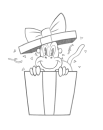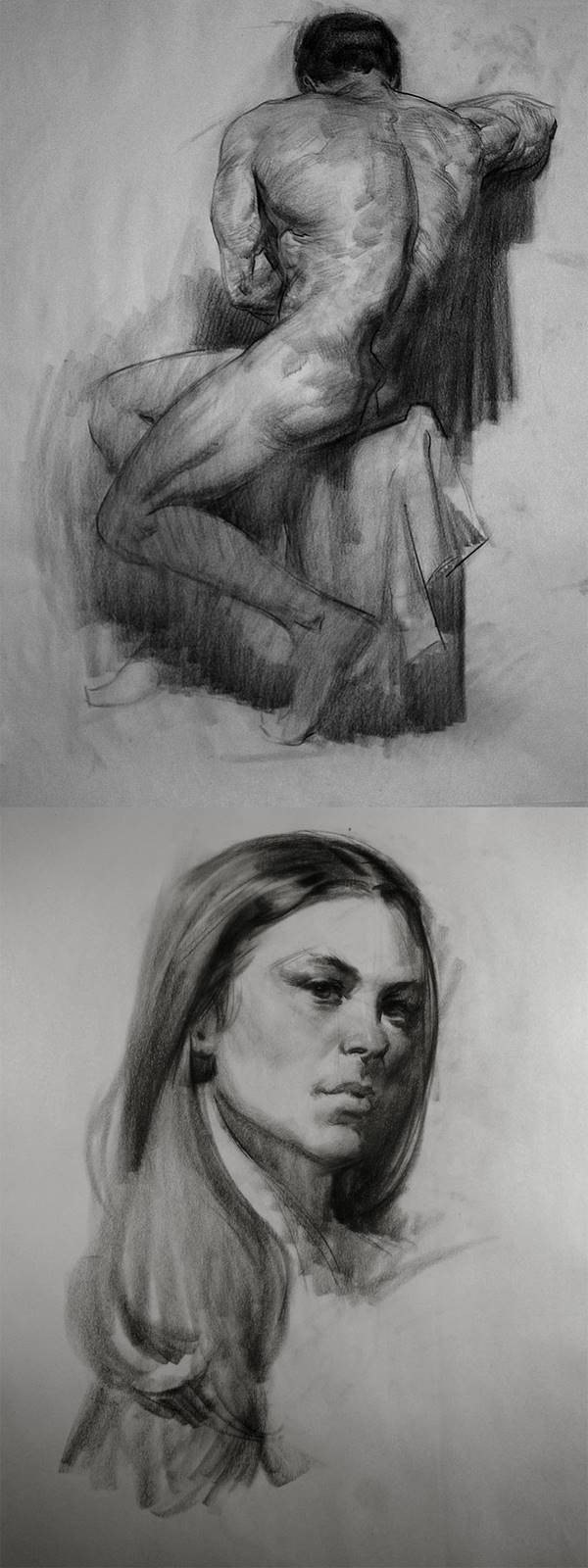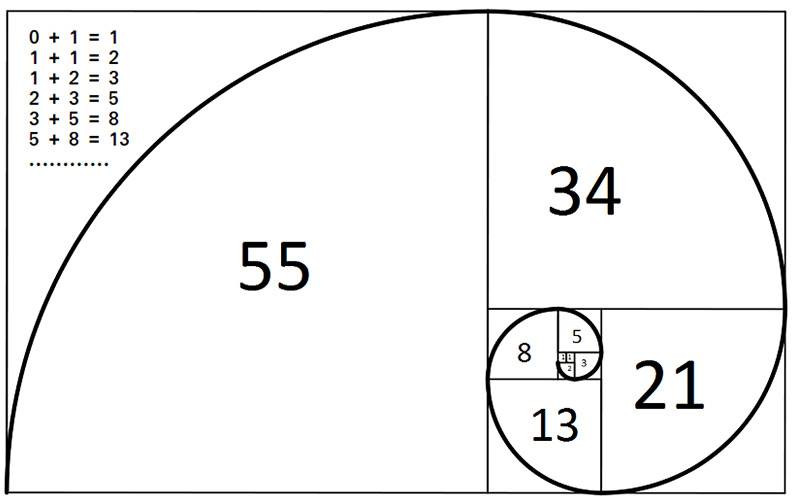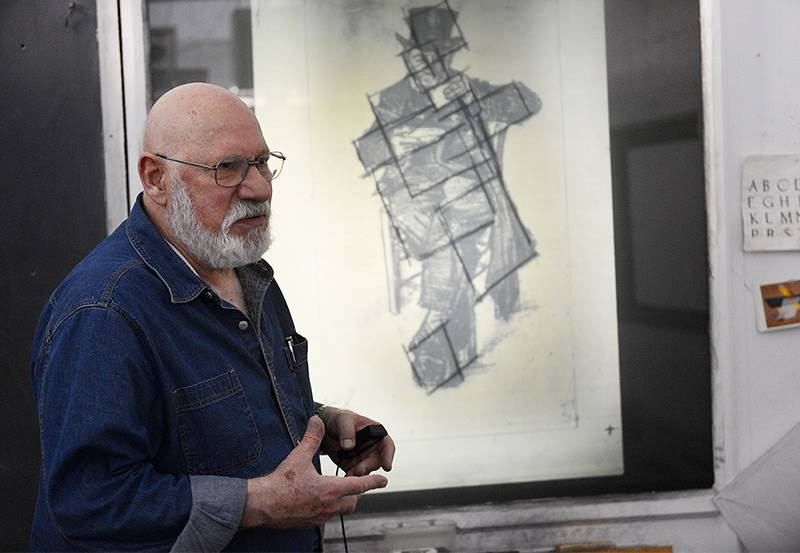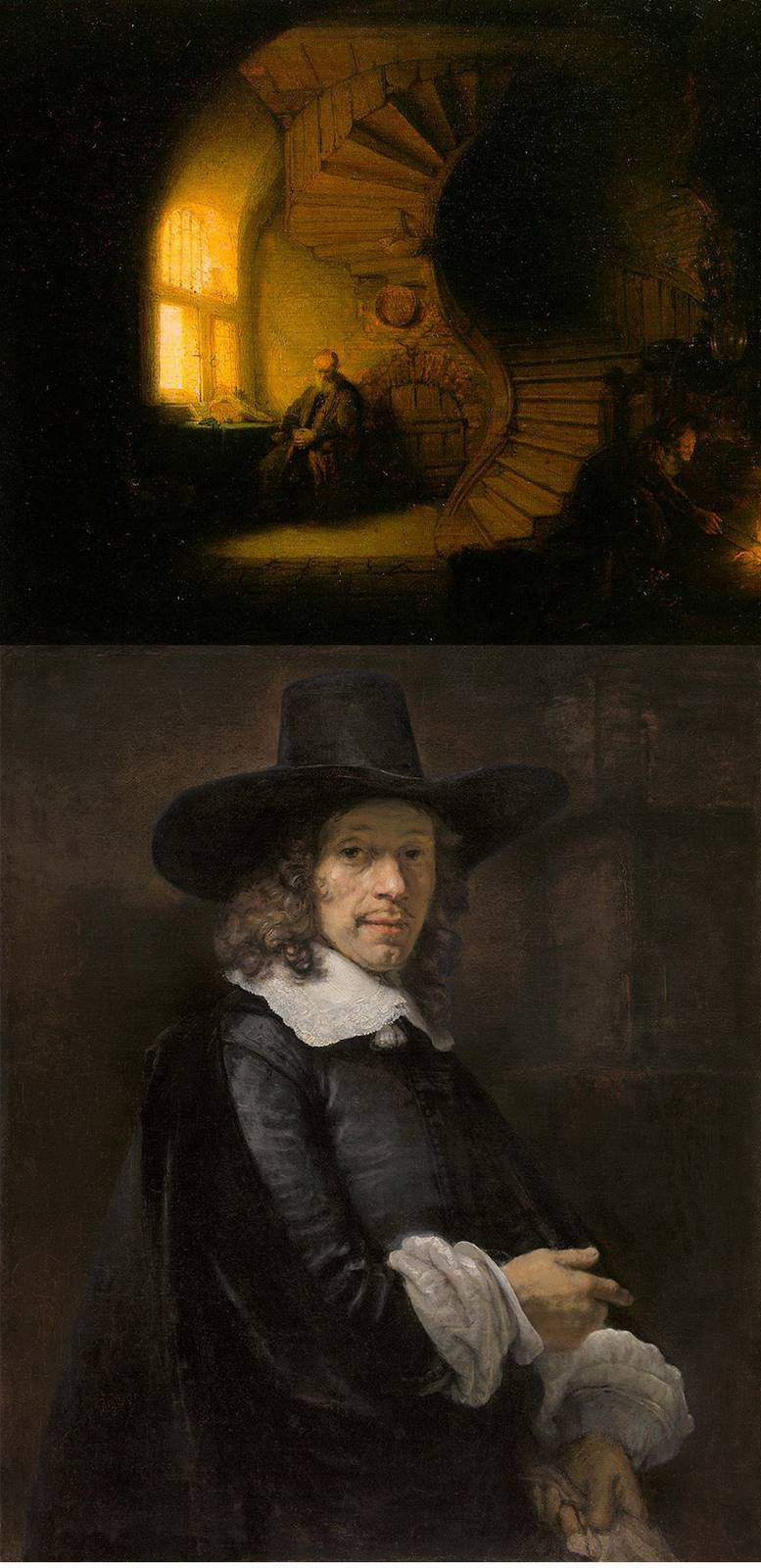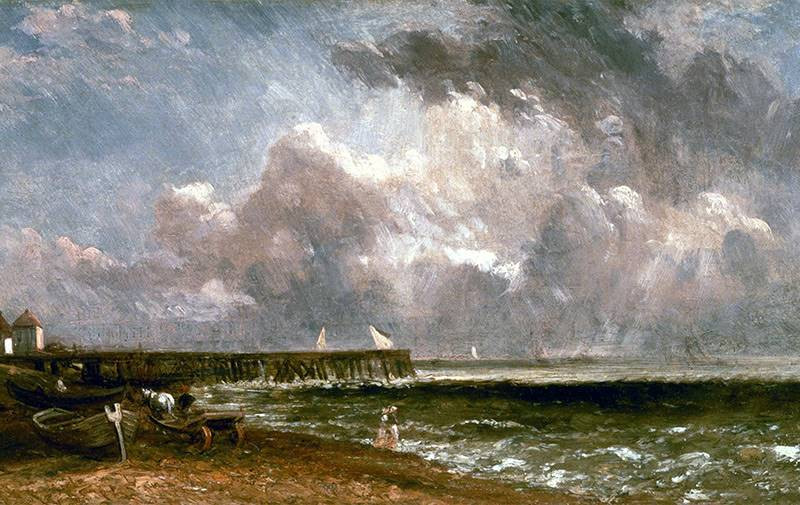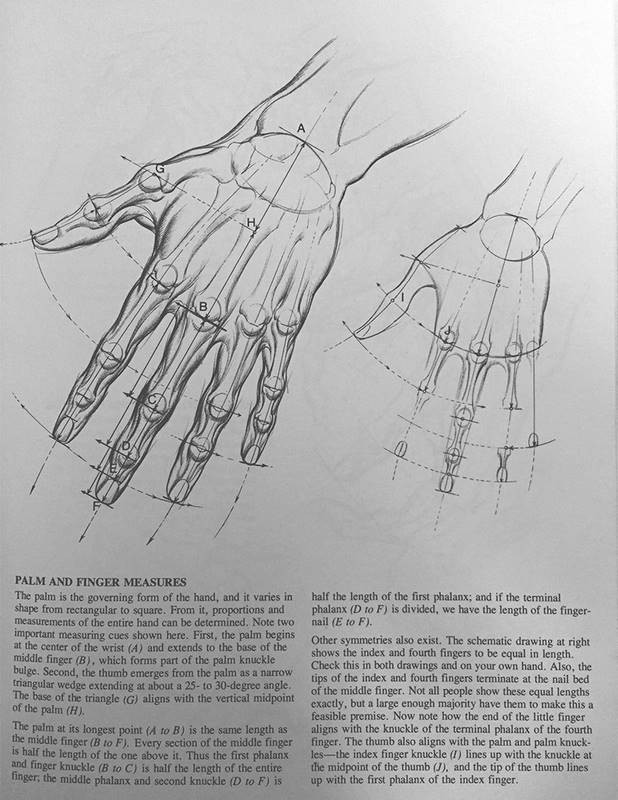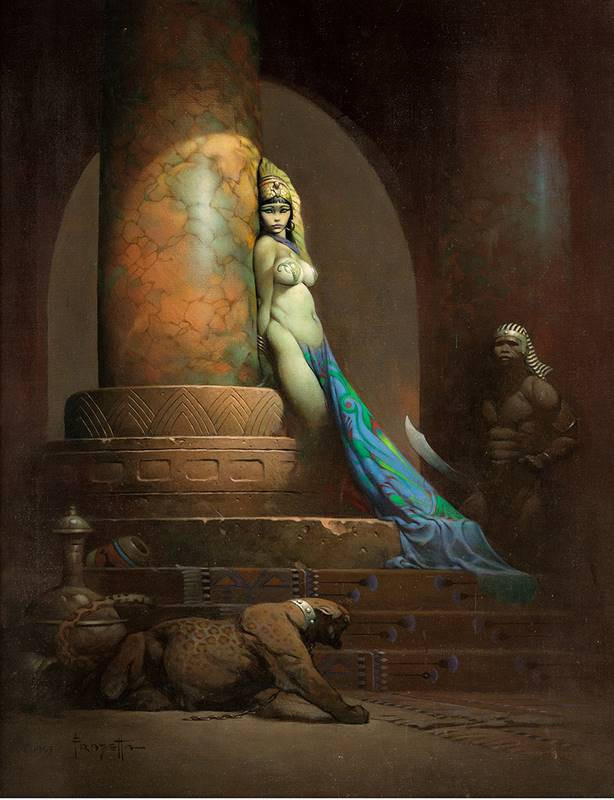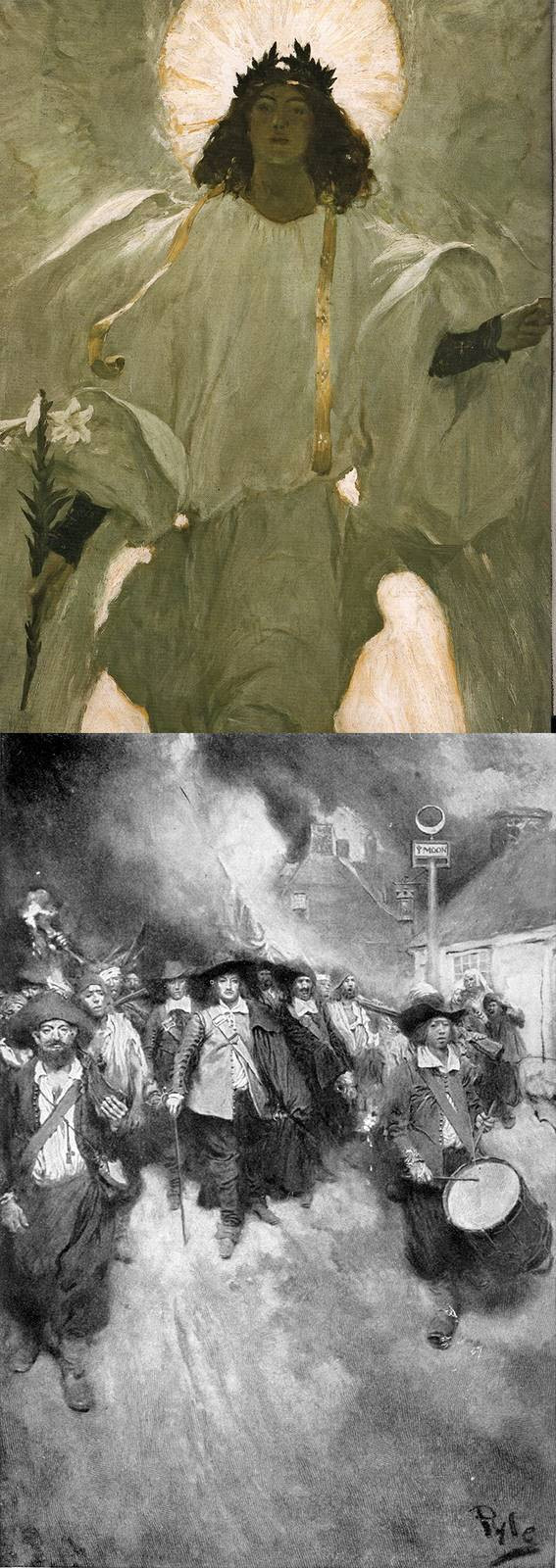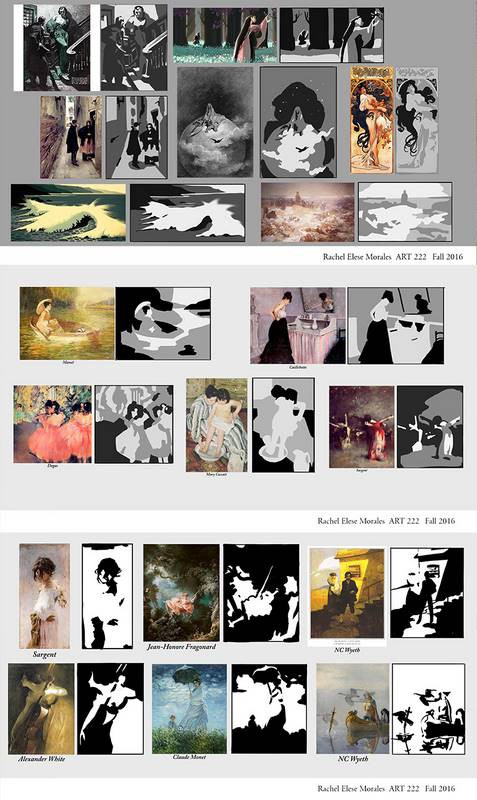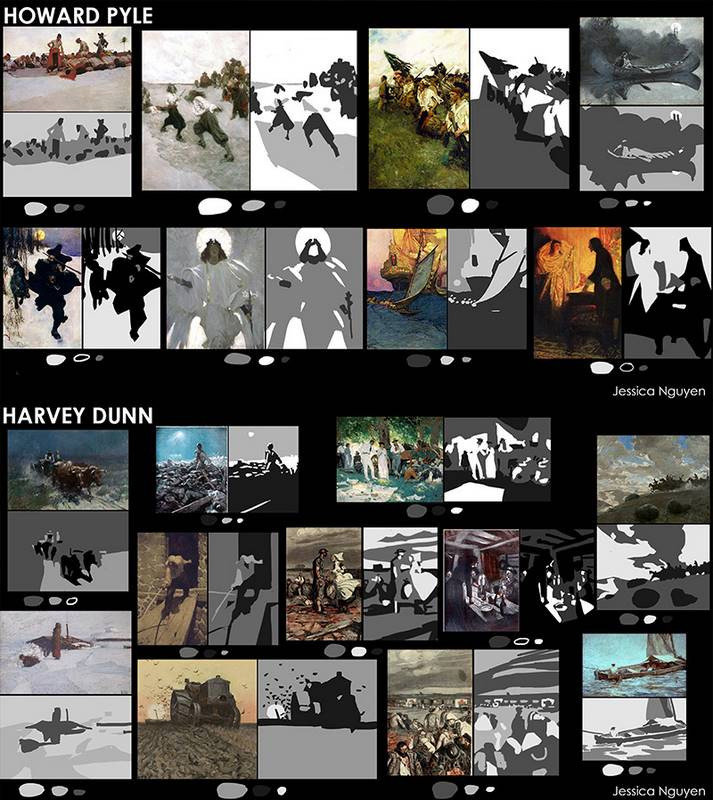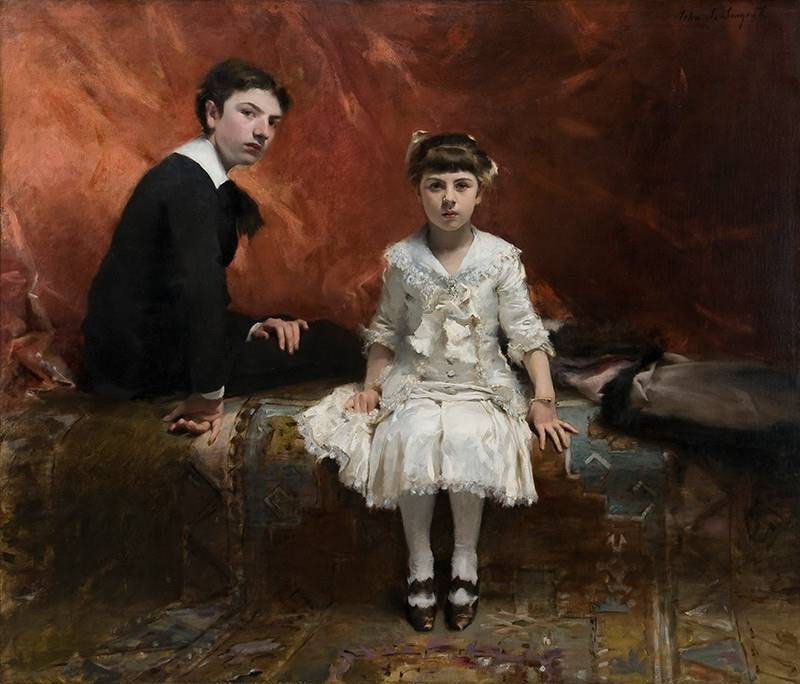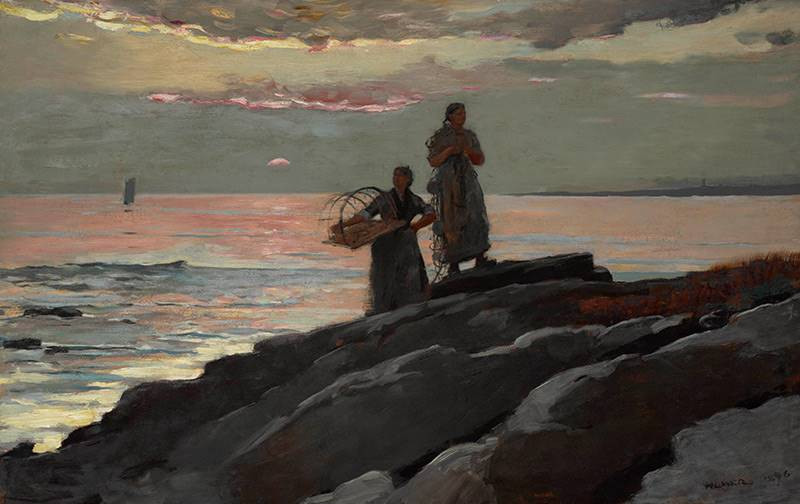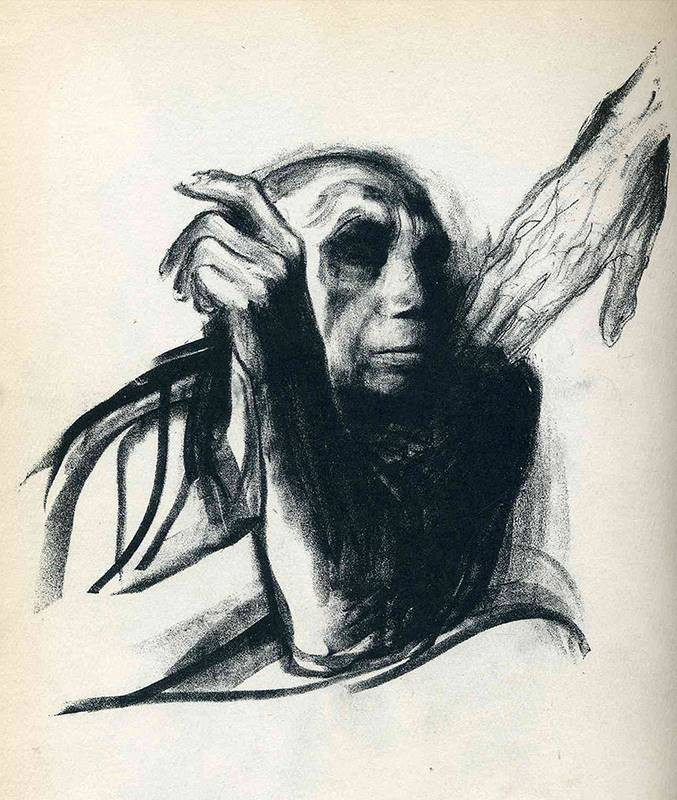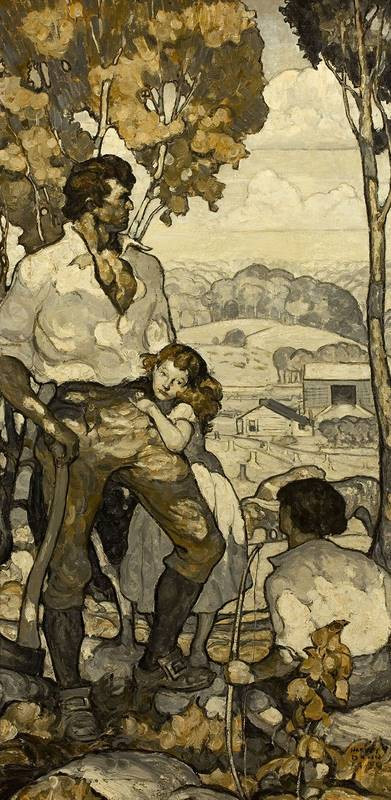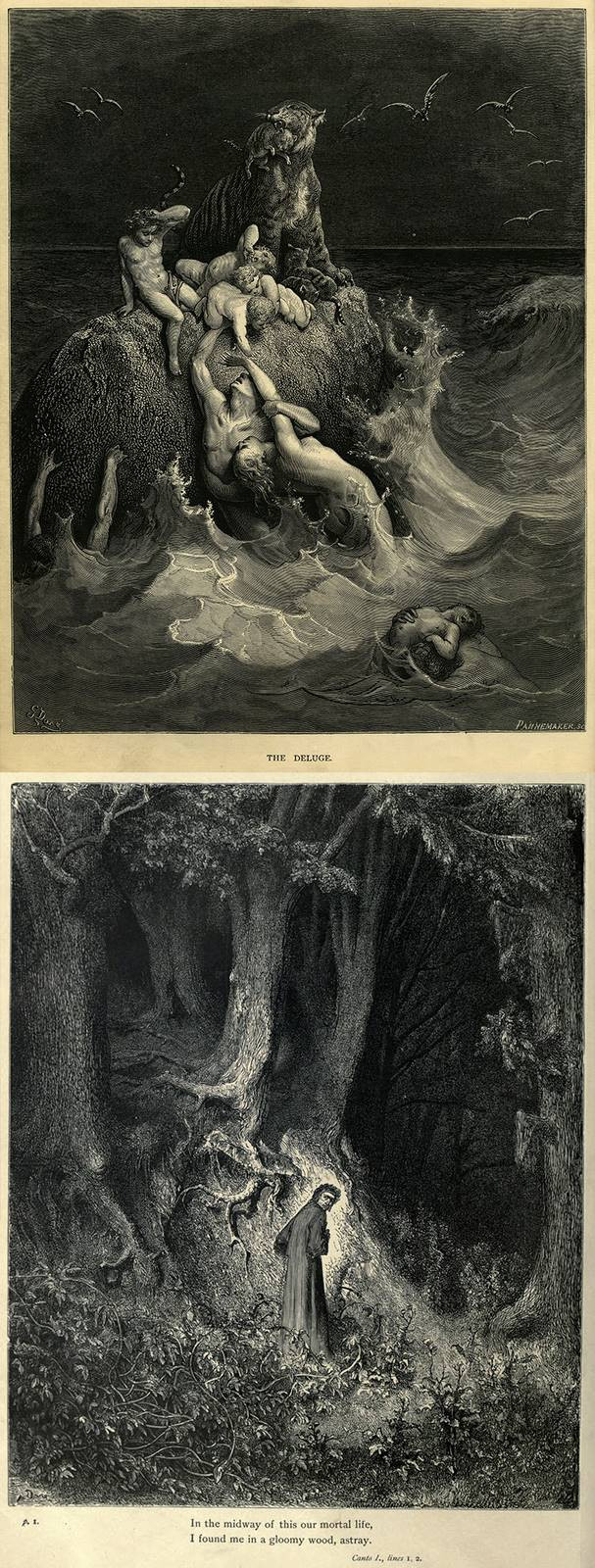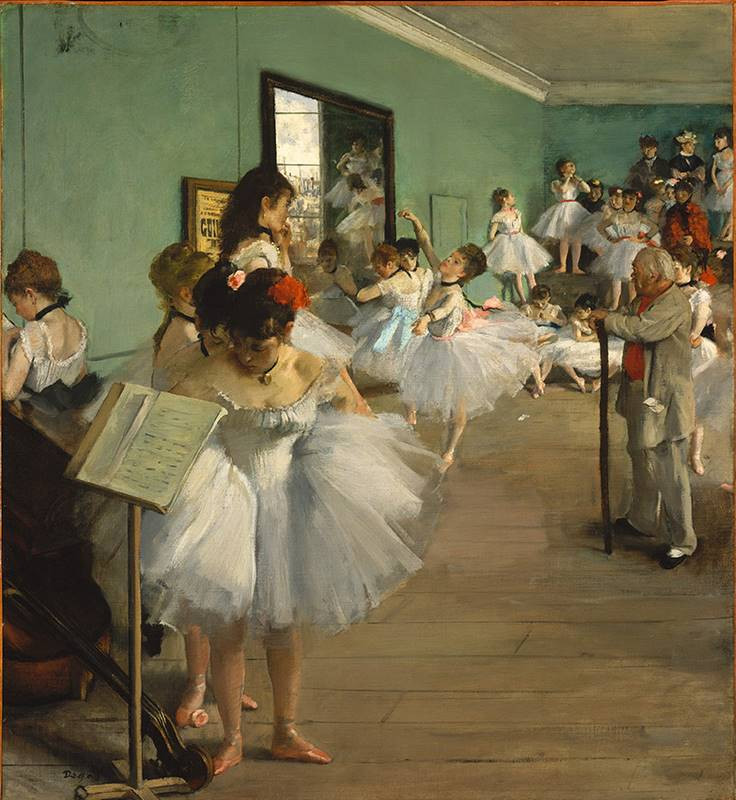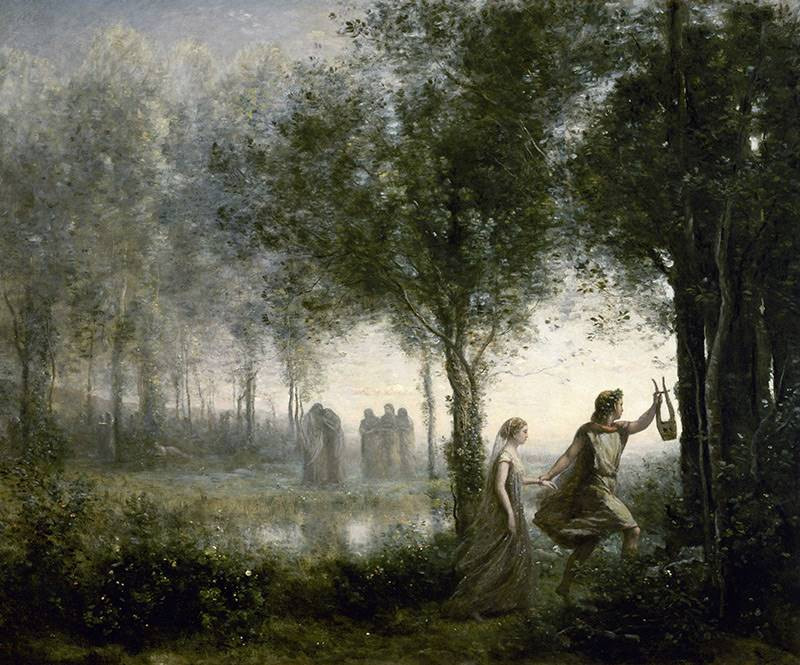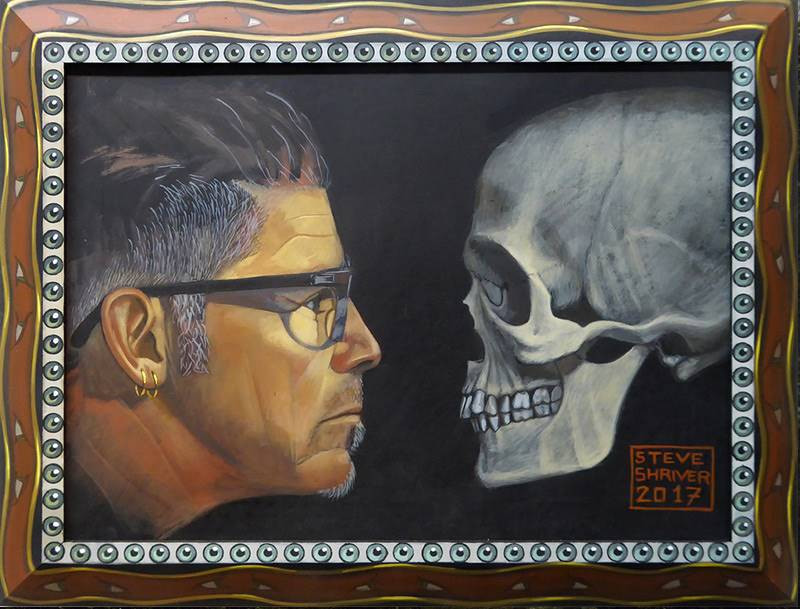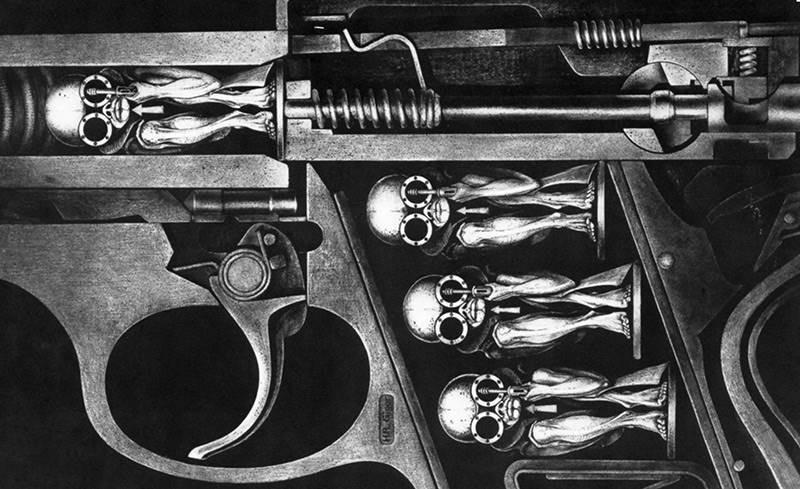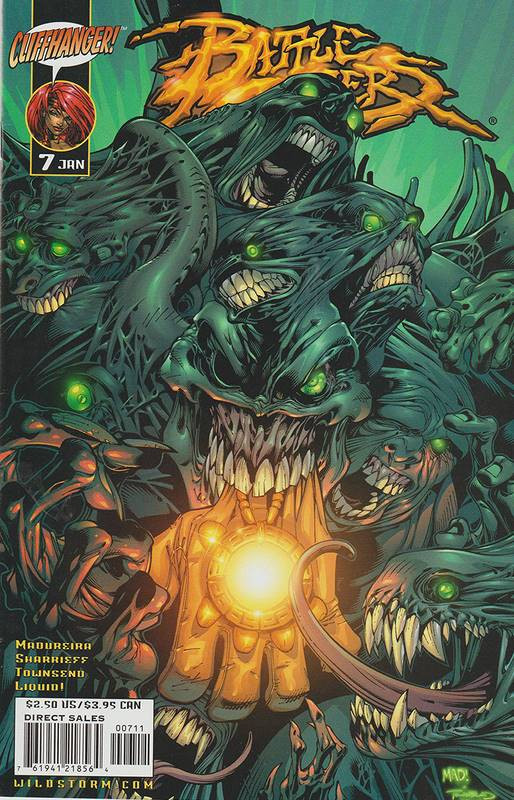Composition is technical, creative, and incredibly subjective. Marshall teaches us how to learn composition and suggests artists and resources that will help you learn more about it. Marshall talks about breaking apart master paintings to learn how to compose, focal points, contrasts, metaphors, harmonic armatures like the golden ratio, among many other things. Marshall has years of experience teaching this subject so there's a lot to absorb and be inspired by when it comes to composition.
Thanks to Betterhelp for sponsoring today’s Draftsmen episode! Save 10% on your first month with Betterhelp
References and books
(some contain affiliate links)
Edgar Payne: Composition of Outdoor Painting
The Elements of Dynamic Symmetry by Jay Hambidge
Pattern and Design with Dynamic Symmetry by Edward B. Edwards
Drawing Lessons From the Great Masters by Robert Beverly Hale
Picture This by Molly Bang
Framed Ink by Marcos Mateu-Mestre





































